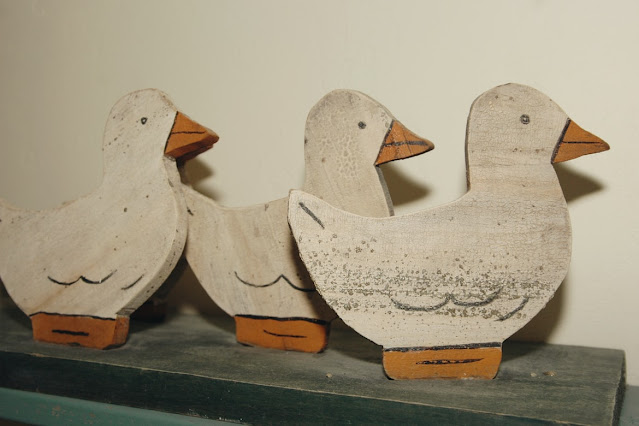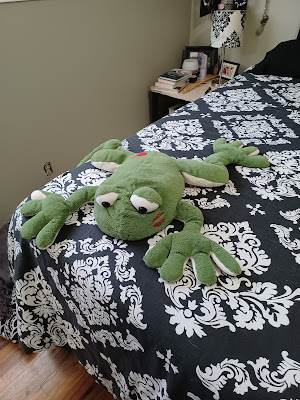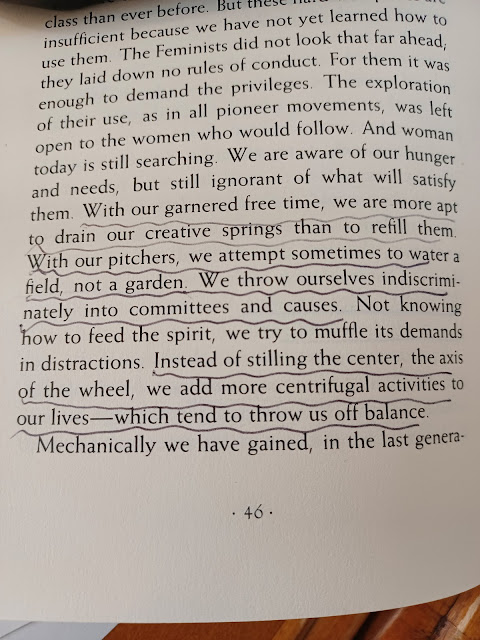Perhaps a better question would be, why do you write in your books if you do, and why don't you if you don't?
Since I am the former answer to the question, let me take this one first.
I usually highlight and write in the margins of my nonfiction books. This helps me to return to a favorite passage or re-read a favorite thought in the margin. I have written in books for years, even when I was learning to read and would mark out the words I didn't know.
I suppose my mom 'loved' that but I did it so that I could see what else I still needed to learn. Later, I no longer marked up my books but that was because I was reading fiction. Yes, I did have school books, but I was threatened with my life not to mark those out, though I did check out a few books from the library that surprisingly were marked in pencil.
As an adult, I find that, if I own the book, I am open to highlighting and writing in the margins even if the book is a book of fiction.
"Siddhartha" by Hermann Hesse is just such a book. Though fiction, it lends itself to nonfiction thoughts. Here's a couple I have marked.
"How many long years he had spent without any lofty goal, without any thirst, without any exaltation, content with small pleasures and yet never really satisfied!"
"We are not going in circles, we are going upwards. The path is spiral; we have already climbed many steps."
I love the book, "Gift From The Sea" by Anne Morrow Lindbergh. In it, she shares her feelings of living life by the sea, and letting go of an old life, and searching for a new one. It is nonfiction.
You can probably see that I have read this book multiple times and that every time I read it I receive something different that touches my soul.
For those who don't mark their books, I have heard various reasons such as, "I like a clean copy so that every time I read the book I'm not hung up on what I thought before. I enjoy the freedom of discovering, again and again, my favorite lines."
"I don't even mark my scriptures for the same reason and for an additional reason. They are much too sacred to mark up."
In either case, whether you mark in your books or you don't, there is something magical that happens when the words are written for the soul.
Your thoughts? I would love to hear them!















